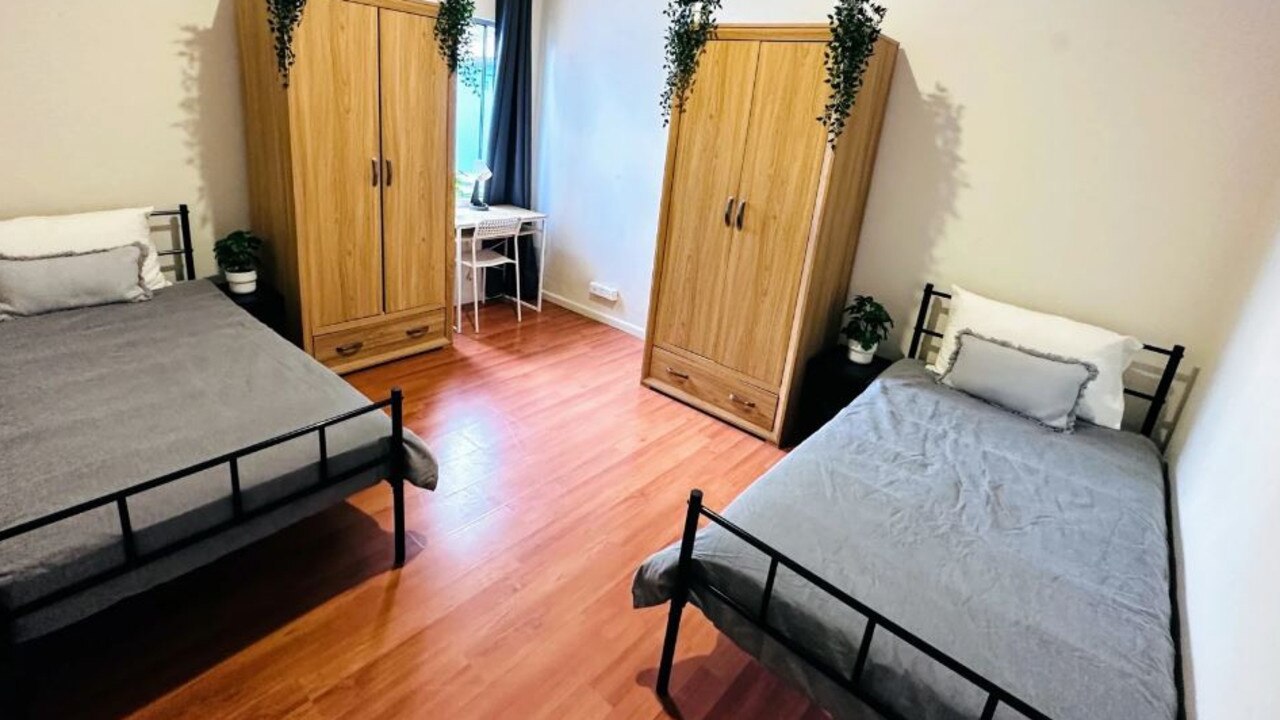Rents continue to surge in major capital cities adding to cost of living pressures
The data is in and it paints a bleak picture for renters in Australia’s major cities with one expert issuing an ominous warning.
The average rent in Sydney skyrocketed 18 per cent to $650 a week for the year to September 30, and one expert warns that “rental growth is likely to continue in the major capital cities”.
Cameron Kusher, director of economic research at PropTrack, told news.com.au that the combination of population growth due to migration, coupled with a “persistent reduction” in the number of properties available for rent, will continue to drive rents up in the major capital cities of Sydney and Melbourne.
He issued an ominous warning for those locations, telling news.com.au that renters may be forced “back into share houses” or may need to rent out spare rooms or extra space to cope with the escalating costs.

“I think there’ll be further growth in the next quarter and into next year in major capitals, but it’s hard to imagine they’ll increase as much as in the past year.”
He added: “It’s hard to imagine rents going up 36 per cent in two years in case of Sydney.”
PropTrack data revealed that the average rent in Melbourne increased 14 per cent to $500 a week in the year to September 30, while Brisbane prices have risen 12 per cent to $550.
Other capital cities to experience major increases are Perth, up 15 per cent to $540 and Adelaide, up 11 per cent to $500.
Renters are increasingly taking to social media to air their frustrations over rent rises.
Just got a notice of rent increase. They want to increase our rent by $200 a week. We’re currently paying $900 a week, which is outrageous. $1100 a week is an absolute joke. It’s appalling that @AlboMP and @ChrisMinnsMP refuse to take action on the rental crisis. pic.twitter.com/4SIpchjOmv
— Shane Bazzi (@shanebazzi) October 3, 2023
Unit rent increases continue to outstrip house rental rises in most capitals, with the average house rent in Sydney coming in at $690 a week, up six per cent for the year, compared to the average unit rent of $630, up 19 per cent for the year.
In Melbourne, the average house costs $500 a week to rent, up nine per cent for the year, while rent on the average unit comes in at $495, up 18 per cent for the year.
In the three months to September 30 alone, unit rents rose five per cent in Sydney and four per cent in Melbourne, increases Mr Kusher described as “dramatic”.
Mr Kusher said unit rents are growing at a faster pace than houses as people who may have opted for the extra space of a house during the pandemic are forced back into slightly cheaper units, increasing demand.
“I think unit rentals are still going to continue to rise, particularly in Sydney and Melbourne,” Mr Kusher said.

Capital cities are experiencing higher increases than regional areas, another trend he believes will continue.
More Coverage
Increasing rents in the capitals are being driven by the return of overseas students and workers who need to be close to capital city universities or offices, and the return of sea-and-tree changers who moved to the regions during the pandemic.
He added that “people who decided they wanted to stay in regional areas may now be looking to buy” after renting for a period of time as another factor taking the pressure off regional rentals.
Mr Kusher said the booming property sales market and rising interest rates were also adding to pressure on rents as people who may have been hoping to buy a first property have been forced into renting for longer.





